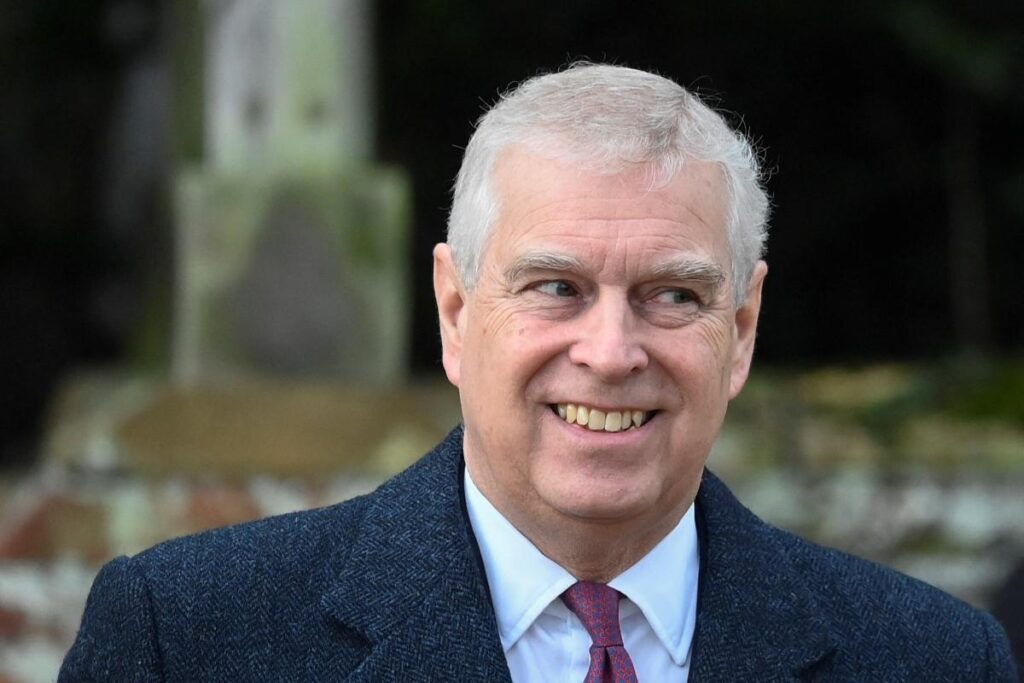Friends of Prince Andrew expressed their delight after he successfully retained his residence at the Royal Lodge, marking a significant setback for King Charles, who had long aimed to oust him from the opulent estate. The Royal Lodge, encompassing 90 acres and featuring ten bedrooms, has become a point of contention between the brothers. Despite Charles’ extensive attempts over the past year to remove Andrew from the property—which he reportedly considered turning into a dowager house for Queen Camilla—the king ultimately conceded, leading to what many perceive as a serious blow to his authority.
The culmination of Charles’ efforts included reducing Andrew’s annual allowance to £1 million (approximately $1.3 million) and stripping him of his private security detail. However, these actions did not achieve the desired effect. Reports indicate that Andrew has successfully negotiated his stay after convincing royal accountants of his ability to fund his residency and rent, with financial sources deemed legitimate. This outcome emphasizes the ongoing challenges faced by Charles in maintaining control and discipline within the royal family, particularly as he navigates the complexities of being a monarch amid familial disputes.
Royal biographer Andrew Lownie previously informed the Daily Beast that Andrew is financially secure, suggesting that he has been capitalizing on business opportunities in the Middle East since distancing himself from royal duties. Furthermore, Sarah Ferguson, Andrew’s ex-wife who also resides at the Royal Lodge, has reportedly enjoyed financial success through her popular romance novels. Additionally, the couple has recently invested in a $6 million property in London’s Mayfair, which contributes to their income through rental opportunities, highlighting the couple’s various revenue streams.
Supporters of Andrew expressed that retaining the Royal Lodge was a matter of principle, given that he holds a firm lease on the property. One friend remarked on the irony of Charles initiating a conflict over Andrew’s living situation when it seemed insignificant. They emphasized that the lease had intrinsic value, as Andrew intended to pass it down to his children. Friends argue that the agitation surrounding the matter stemmed largely from the king’s aides, who had unnecessarily brought attention to Andrew’s living arrangements.
Another supporter defended Andrew’s situation by questioning Charles’ motives for attempting to evict him. They noted that despite Charles possessing considerable wealth, Andrew, who is 64, has limited assets left, making the battle over his home appear particularly harsh. This friend pointed out the timing of Charles’ recent wealth disclosures, which may have prompted a reconsideration of his stance, especially given the perceived inconsistency between the monarchy’s lavish lifestyle and public claims of financial restraint.
Sources have indicated that King Charles’ concerns revolved around ensuring that any financial support or lifestyle Andrew maintains aligns with royal expectations and standards. While the king’s patience may have worn thin regarding subsidizing Andrew’s expenses, the emerging consensus seems to be that as long as Andrew can independently manage his living situation through legitimate means, there might not be cause for further royal intervention. In this context, the fate of the Royal Lodge symbolizes not just a family dispute, but broader implications for royal authority and public perception of the monarchy’s operational framework.

